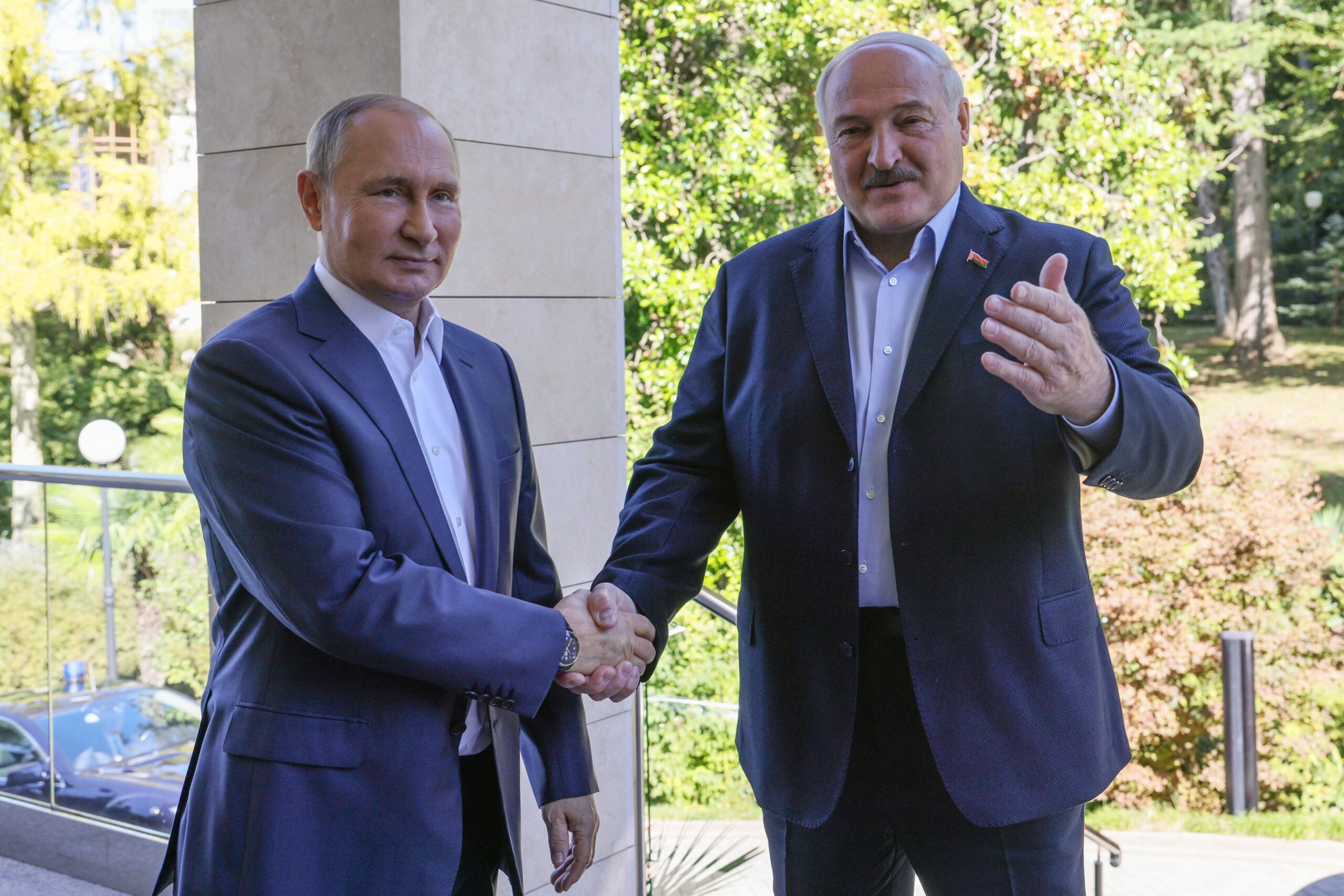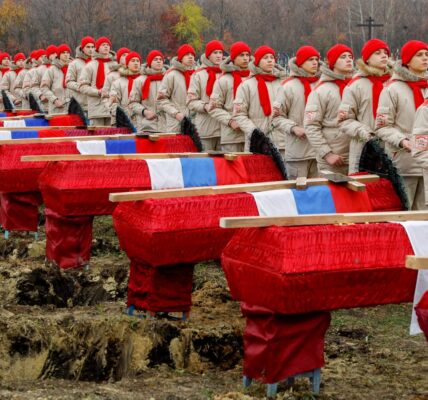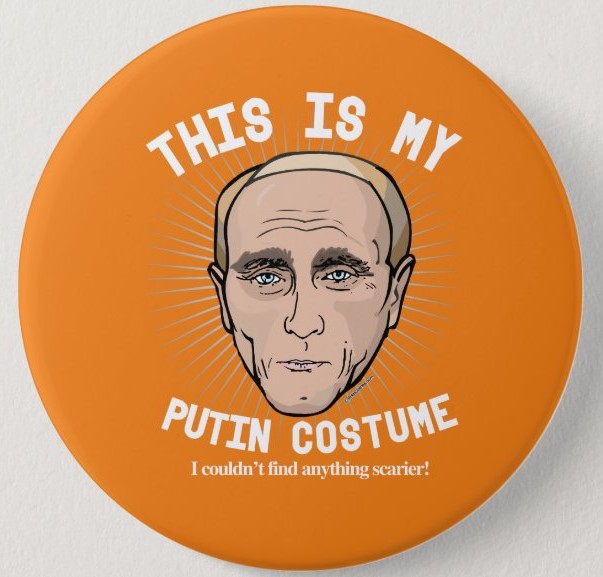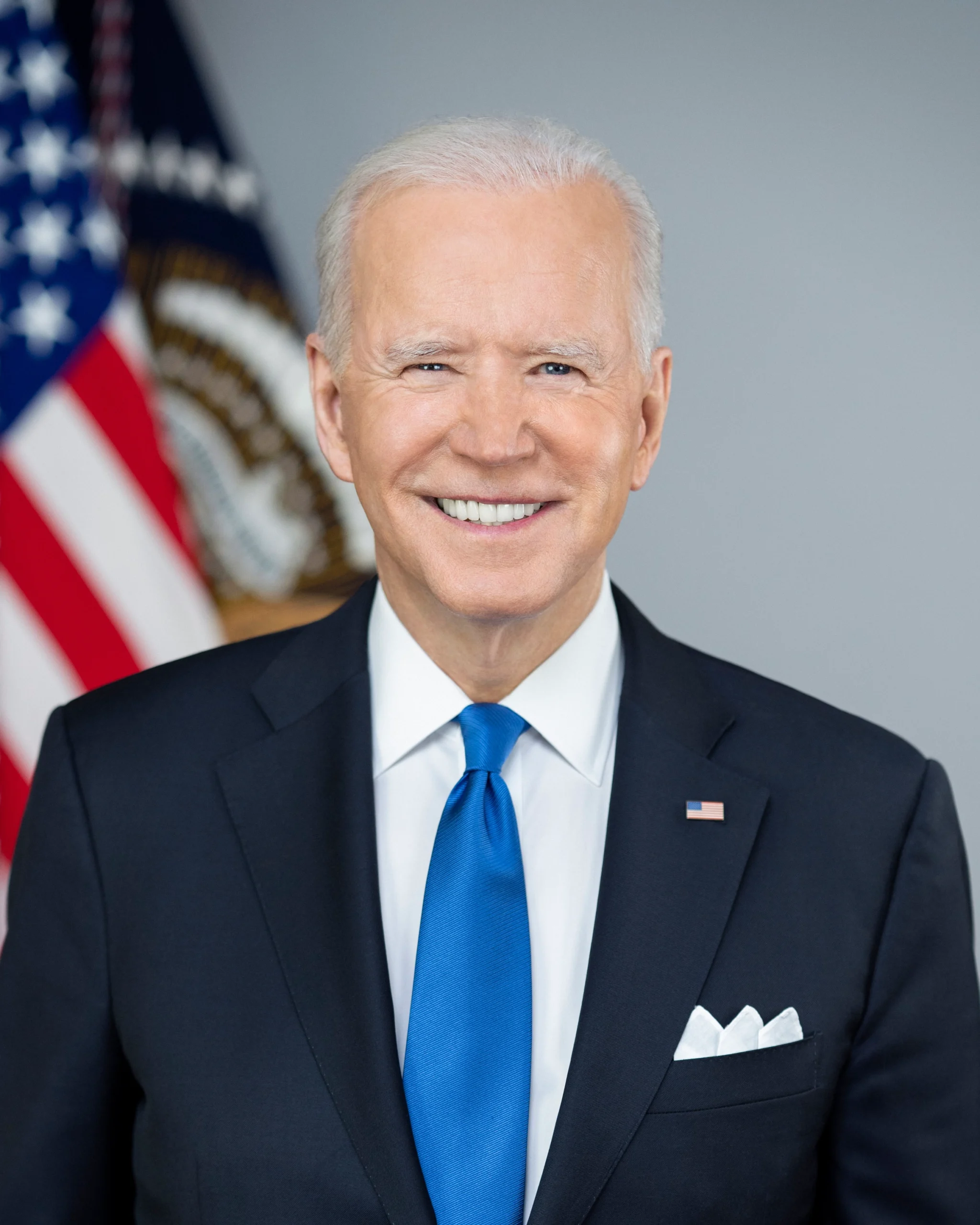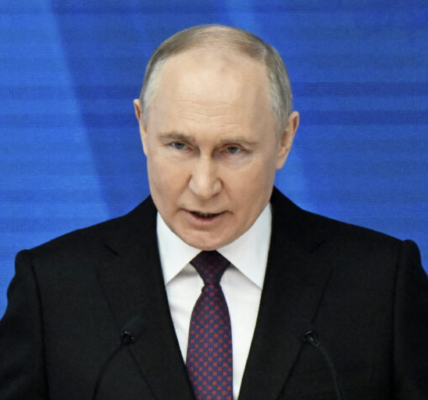
The war on Ukraine is on the brink of escalating into a conflict between three countries after the authoritarian President of Belarus announced that he was sending his best soldiers to fight together with Russia against their neighbour.
Alexander Lukashenko, the self-styed last dictator in Europe, claimed the decision was based on intelligence that Ukraine was poised to launch attacks on Belarus. His statement was, however, met with derision and the EU swiftly promised severe economic sanctions against the ailing Belarus economy. To further add to Lukashenko’s woes, the country’s opposition leader rowed in too – labelling it as “political suicide.” Poland meantime has told its citizens to leave Belarus, with other nations expected to follow suit.
Belarusian forces are grouping with Russian troops on its borders following an announcement by Lukashenko about the deployment of a joint military taskforce as announced at a security meeting on 10 October.

He said that the formation of the joint military group started days ago, coinciding with the attack on the bridge linking Russian and Crimea, an important supply route for Russian forces fighting in Ukraine.
Lukashenko says that this is the response to aggravation of tension on the country’s western borders, as he believes that Nato and European countries are contemplating possible aggression against Belarus.
He did not, however, specify where the troops would be deployed.
In terms of numbers, Lukashenko was quoted in the media: “Do not count on a large number of troops of the Russian Federation Armed Forces. But it will be more than 1,000 people.”
The Ukrainian Foreign Ministry called it a provocation.
Lukashenko threatened Ukraine, warning: “We will make it so that it will be the Crimean Bridge-2” and that the bridge “will seem like flowers to them if they touch at least one meter of our territory with their dirty hands.”
In response, the European Commission spokesperson Peter Stano warned Belarus, urging the Russian ally to refrain from aggressive actions. The European Commission told Minsk that: “Any further actions and in particular the Belarusian military’s direct involvement into this war, against the will of the vast majority of the Belarusian people, will be met by new and strong restrictive measures.”
Andriy Yermak, President Zelensky’s Chief of Staff, said in a Telegram post that Ukraine is ready for any potential attacks from Belarus, and asked whether the Belarussian authorities were ready for the consequences.
The post was later deleted; however, more than 40k people managed to see it.

Belarussian opposition leader Sviatlana Tsikhanouskaya also commented in response to the news, exclaiming that Ukraine does not pose a threat to Belarus and that Lukashenko is violating the country’s national security. She has previously said that Lukashenko would commit “political suicide” if he involves Belarus in the war.

Lukashenko has previously tried to distance himself from actively being involved in the war by keeping to the narrative that Belarus would not attack unless they are attacked first.
On 23 September, there were reports that Belarus was mobilising their army; however, Lukashenko stressed that Belarus would not get involved in any war, adding: “We will fight only when we have to defend our home, our land”.
Belarus’ Minister of Defence issued a statement that said that there would be no war, not with Poland, not with Lithuania, and they will not attack Ukraine, unless they are “provoked.”
On 9 October, Lithuania’s Minister of National Defence tweeted that Russia has activated Lukashenko which he believes intends to withdraw the Ukrainian armed forces “from the front to the border.”

Lukashenko has facilitated Russia’s invasion of Ukraine by allowing Russian forces to launch attacks from Belarussian territory and will continue to do so.
Although it is not yet clear whether Lukashenko has made the final decision to join Russia’s war on Ukraine, there is pressure from Putin on Belarus’ full participation.
Lukashenko is on thin ice and the alleged threat from Ukraine provides the necessary justification for Belarus to join Putin’s war.

